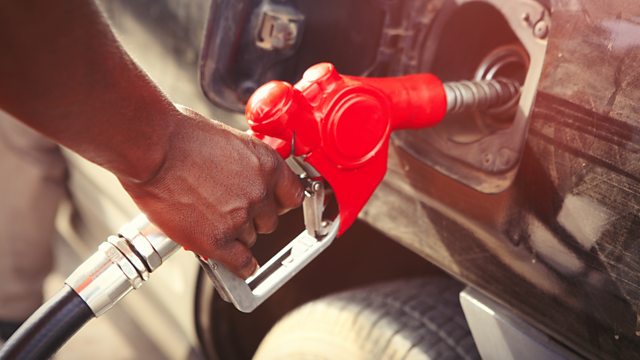A final good riddance to leaded petrol
But with most rich countries banning the fuel decades ago, why has it taken so long?
The United Nations Environment Programme says that the use of leaded petrol has been eradicated from the world - a milestone that will prevent an estimated 1.2 million premature deaths. The last drop was used up in Algeria in July.
But with the health impacts known for decades and most rich countries banning the fuel by the start of this century, the question is perhaps why it took so long for many poorer countries to do the same.
Luc Gnacadja is the former head of the UN convention to combat desertification, and a former energy minister in Benin. He says this should teach us a lesson when it comes to the disposal of high polluting old cars (or jalopies) - and that it's vital that Africa doesn't become a dumping ground.
"We must cooperate to ensure that the vehicles that are coming from developed countries, from Europe, from the US, from Japan, that are to be dismantled, should not be exported. And African countries are coming up strongly in their desire and will to not only phase out jalopies from their fleet but also to regulate the import of used cars."
(Photo: Hand using petrol pump. Credit: Getty Images)
Duration:
This clip is from
More clips from Newsday
-
![]()
Liam Payne: Fans mourn death of One Direction singer
Duration: 03:35
-
![]()
Sudan's footballers provide 'joy amongst the chaos'
Duration: 04:00
-
![]()
Hurricane Milton: The residents deciding to stay, or evacuate
Duration: 02:59






